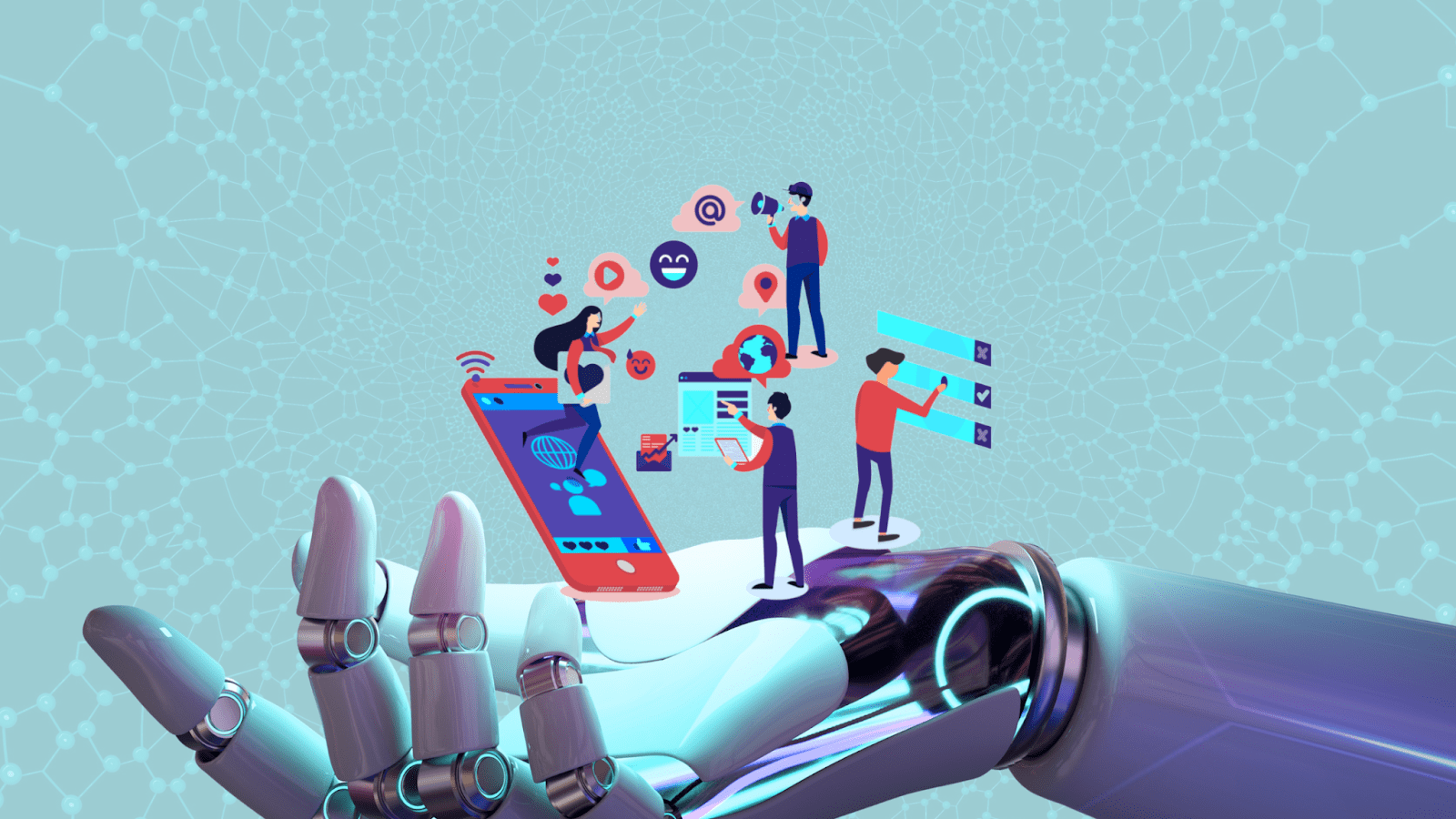10 Top Ideas Deep Learning and AI in Sales 2023

Do you know 10 Top Ideas Deep Learning and AI in Sales 2023? Artificial intelligence (AI) and deep learning have transformed many industries, including marketing. Marketers must stay ahead of the curve to succeed in today’s economic world, and AI gives them a significant advantage. In this article, we will look at how artificial intelligence and deep learning are changing the face of marketing and supporting businesses in more effectively reaching their target customers.
Read More: The Best ChatGPT-Powered AI Tutors to Teach Children in 2023
Understanding Artificial Intelligence in Marketing

Artificial intelligence refers to machines’ ability to perform things that ordinarily require human intelligence, such as learning, problem solving, decision-making, and natural language processing (AI). In marketing, AI is used to evaluate data, recognize trends, and make predictions based on that data. AI algorithms may help marketers optimize campaigns, personalize content, and send the right message to the right audience at the right time.
Personalization is key for efficient marketing, and artificial intelligence is making it easier to create highly personalized experiences. By analyzing customer data and delivering personalized content, offers, and ideas, AI systems can comprehend individual consumers’ interests and preferences. This results in more engagement, higher conversion rates, and increased client loyalty.
Deep Learning and Marketing

Deep learning is a kind of artificial intelligence in which artificial neural networks are trained to learn from data. Deep learning algorithms can sift through massive amounts of data to identify patterns that the human eye may overlook. Deep learning can be used in marketing to evaluate customer behavior and preferences, discover buying patterns, and forecast future trends.
Deep learning in marketing is demonstrated via predictive lead scoring. Deep learning algorithms can determine and prioritize which leads are most likely to convert based on customer data. This enables marketers to focus their efforts on leads that are most likely to convert into sales, saving both time and money.
Another example is chatbots. Chatbots are computer programs that communicate with customers using chat interfaces. Using deep learning algorithms, chatbots can read spoken language and provide personalized responses based on client data. This enables businesses to provide round-the-clock client assistance without the need for human intervention.
AI and Social Media Marketing

Social media is an excellent marketing tool, and AI is enhancing it. Social media data may be scanned by artificial intelligence algorithms to assess what people are saying about a firm, discover patterns, and forecast future behavior. This might help firms create more interesting content, target the right audience, and improve their social media strategy.
Sentiment analysis is one application of artificial intelligence in social media marketing. Sentiment analysis is the process of analyzing social media data to determine customer sentiment toward a company or product. Companies may employ artificial intelligence algorithms to detect negative sentiment and respond to customer concerns.
Another example is monitoring social media. “Social media listening” refers to the practice of monitoring social media channels for mentions of a brand or product. AI algorithms can be used by businesses to assess trends, monitor client feedback, and engage with clients in real time.
Read More: Top 5 Best Free CRM Solutions For 2023
AI and Search Engine Optimization (SEO)
SEO is essential for any business that wants to be found online, and AI is changing the way it is done. AI algorithms can analyze website data, identify technical faults, and suggest improvements to improve search engine rankings. AI may also analyze user behavior to discover the most interesting content and then optimize it.
One example of AI in SEO is content optimization. By analyzing search data and user behavior, AI systems can identify what type of content performs well in search engines. This allows businesses to optimize their content in order to improve search engine rankings and attract more people to their website.
Another example is voice search optimization. As voice search assistants like Siri and Alexa become more popular, businesses must optimize their content for voice search questions. AI systems can evaluate voice search data to determine the most commonly searched topics and adapt content accordingly.
How AI and DL Are Transforming the Customer Experience
Another advantage of AI and deep learning in marketing is the ability to provide more personalized content for consumers. By analyzing data such as search history, purchase behavior, and social media activity, AI can understand what a specific client is interested in and provide content tailored to their preferences. This improves not only conversion rates but also the consumer experience, resulting in increased brand loyalty and advocacy.
Nevertheless, incorporating AI and deep learning into marketing is riddled with challenges. The need for high-quality data to train algorithms is one of the most significant problems. This means that businesses must validate their data to ensure that it is correct, relevant, and full, which can be a time-consuming and costly process. Furthermore, there is the possibility of data bias, which might result in biased algorithmic decision-making.
Another difficulty is a scarcity of qualified professionals skilled in AI and deep learning. While these technologies have become more accessible in recent years, there is still a talent shortage in the area. Businesses must invest in hiring and training workers to leverage AI and deep learning effectively in marketing initiatives.
Conclusion
Finally, artificial intelligence and deep learning are altering how businesses approach marketing. Through improving targeting and personalization, optimizing ad campaigns, and analyzing data, these technologies have the potential to disrupt the market. While deploying AI and deep learning brings challenges, the benefits far outweigh the costs. In the next years, we could expect to see even more imaginative use of AI and deep learning in marketing as technology progresses.












One Comment